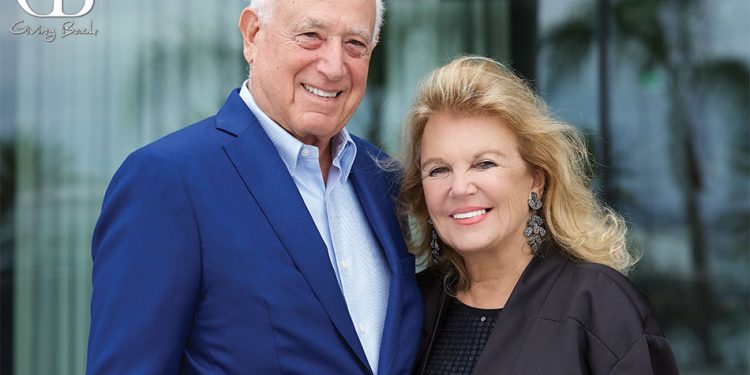Working to Succeed

Walter Green, internationally published author of “This is the Moment,” shares his thoughts on gratitude and mentorship. Green, his wife Lola, and his funding partner, Lisa Liguori, recently helped launch the “Working to Succeed” initiative at Just in Time for Foster Youth.
Q: Have you always been grateful?
A: I think I have always been very conscious that I am the product of many influences in my life. I have paid attention to that. I do not know if the gratitude muscle started when I was a kid. Probably not. I think most people only fully realize impact as they mature. The first real evidence I have is when I celebrated my 50th birthday. I invited seven friends, people who had influenced my life, and I expressed to them what they each had meant to me. This grew into the idea that, ‘I do not want to be one of those people who, when they lose their friends, they have things left unsaid.’ That is what prompted my journey of gratitude, which was taking a year off and visiting one person at a time, spending time with them and revealing, in detail, how they had impacted my life.
Q: You invest a lot of energy in organizations like Just in Time for Foster Youth (JIT). How does helping youth align with your mission of gratitude?
A: I have been fortunate to have the assistance and good luck that I have. The youth that JIT works with did not really have anything to do with the hand they were dealt. One of the reasons I like JIT is that they are dedicated to reshuffling the deck and helping the youth play a better hand going forward, and that speaks to me.
Q: You also act as a mentor for youth. How important is it to have a mentor?
A: Having someone who can share life experiences with us and save us from making some of the same mistakes or to help us capture untapped opportunities is a powerful thing. We call them mentors, parents, friends or uncles. I think it is a gift of life to have a mentor or to have anybody, no matter what their title, to provide some mentoring to you.
For the young adults who are served by JIT, there is an absence of a family structure, which is normally where the people who provide that guidance come from. In that case, a mentor role is critical because it compensates for the loss of the family who traditionally play that role.
Q: Can it be difficult to express gratitude for people if you do not have a community or many meaningful relationships?
A: There is an opportunity to awaken oneself to relationships with people who are trying to reach out. Think about teachers, coaches, people who went out of their way, not just to teach you a sport or a subject, but to teach you something about life. They may not be called mentors, but they are playing a mentoring role. I think it would be rare to not have someone in your life to be grateful for. We have to raise consciousness. The ability to express gratitude is a practice. The first time, like anything else, is a little bit awkward, but an awkward expression of “thank you” is far better than silence.





